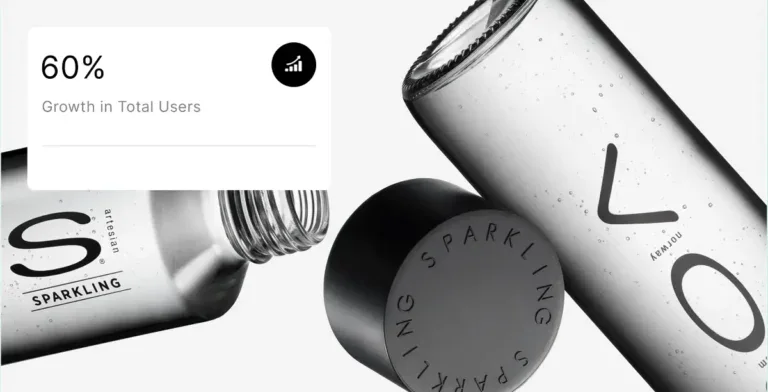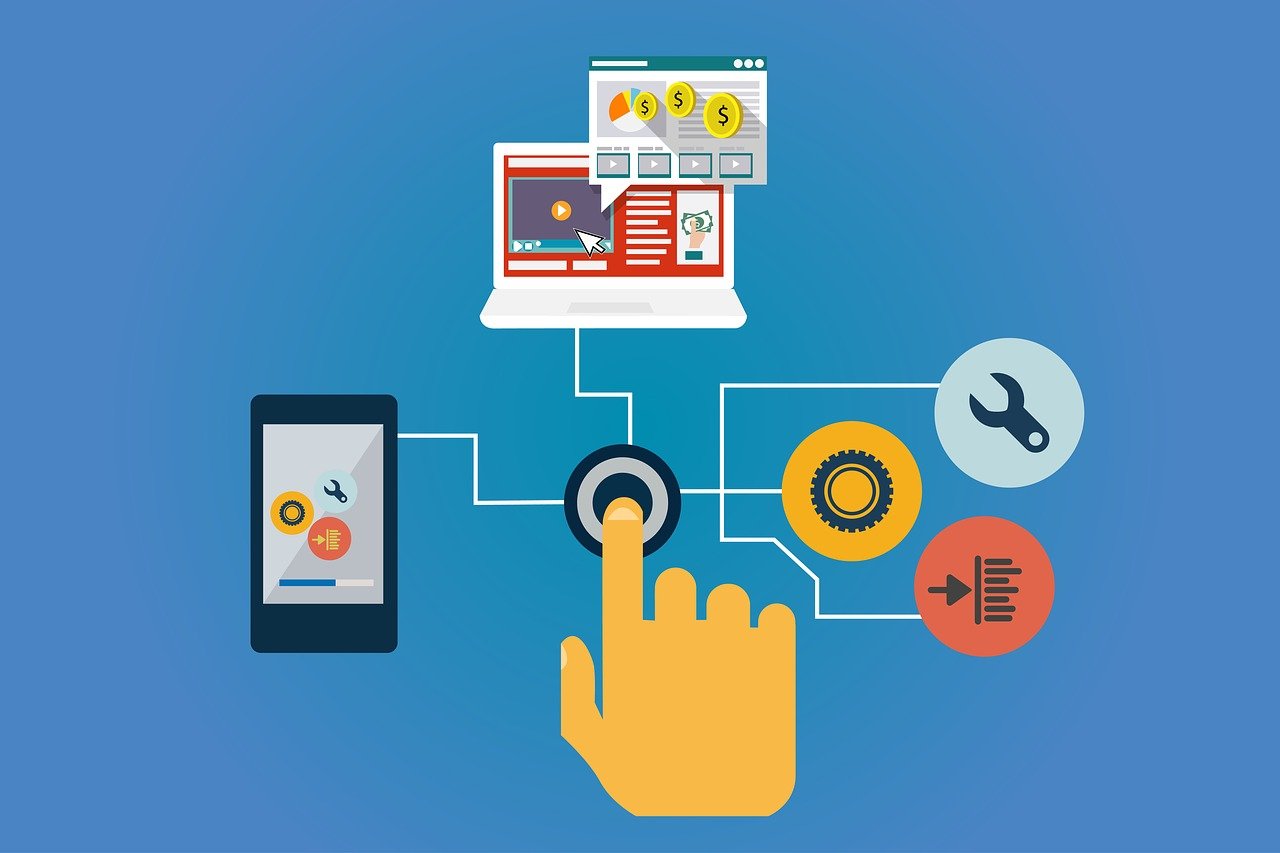Custom shopping cart development is the process of creating a unique and tailored online shopping platform for businesses. Unlike pre-built solutions, custom shopping carts offer a high degree of flexibility and customization to meet the specific needs of a business. Whether you are a small online retailer or a large eCommerce enterprise, investing in custom shopping cart development can give you a competitive edge in the digital marketplace.
One of the primary reasons why businesses opt for custom shopping carts is the ability to create a seamless and personalized user experience. With a custom shopping cart, you have complete control over your online store’s design, layout, and functionality. This means you can create a user-friendly interface that aligns with your brand identity and enhances the overall shopping experience for your customers.
Another benefit of custom shopping carts is integrating with other business systems and third-party applications. This allows you to streamline your operations and automate inventory management, order fulfillment, and customer support processes. By customizing your shopping cart, you can ensure it seamlessly integrates with your existing systems, saving you time and effort in the long run.
Benefits of custom shopping carts
There are several benefits to investing in custom shopping cart development:
Flexibility: Custom shopping carts offer a high degree of flexibility, allowing you to tailor the platform to your business needs. You can customize the design, features, and functionality to create a unique and personalized shopping experience for your customers.
Scalability: Your shopping cart needs to scale as your business grows. Custom shopping carts can be easily scaled and upgraded to accommodate increased traffic, products, and customers. This ensures that your online store can handle the demands of a growing business without any performance issues.
Security: Custom shopping carts provide enhanced security features to protect customers’ sensitive information. With a custom solution, you can implement advanced security measures such as SSL certificates, encryption, and secure payment gateways, ensuring your customers’ data is safe and secure.
Competitive advantage: By investing in custom shopping cart development, you can differentiate your online store from competitors. A unique and personalized shopping experience will attract and retain customers, giving you a competitive edge in the marketplace.
Key considerations for custom shopping cart development
Before embarking on the journey of custom shopping cart development, there are several key considerations to keep in mind:
Budget: Custom shopping cart development can be more expensive than pre-built solutions. It is essential to determine your budget and allocate resources accordingly. Consider the long-term benefits and potential return on investment when deciding on your budget for custom development.
Business requirements: Clearly define your business requirements and objectives for the custom shopping cart. Identify the specific features and functionality that are crucial for your online store. This will help you communicate your needs to the development team and ensure that the final product aligns with your business goals.
Technology stack: Selecting the right technology stack is crucial for the success of your custom shopping cart. Consider scalability, security, ease of maintenance, and compatibility with other systems when choosing the technology stack for your development project.
Development team: Choosing the right development team is essential for the success of your custom shopping cart. Look for a team with experience in eCommerce development and a track record of delivering high-quality projects. When selecting a development partner, consider different factors such as expertise, communication skills, and portfolio.
User experience in custom shopping carts
The user experience (UX) plays a crucial role in the success of any custom shopping cart. A well-designed and intuitive interface can make the shopping process seamless and enjoyable for customers, leading to higher conversion rates and customer satisfaction.
When designing the user experience for your custom shopping cart, consider the following factors:
Simplified navigation: Ensure your shopping cart has a clear and easy-to-navigate structure. Use logical categorization and provide search functionality to help users find products quickly.
Streamlined checkout process: Minimize the number of steps required to complete a purchase. Offer guest checkout options and provide progress indicators to inform users about their progress.
Mobile optimization: With the increasing use of mobile devices for online shopping, optimizing your custom shopping cart for mobile screens is essential. Implement responsive design and test the usability on different devices to ensure a smooth mobile shopping experience.
Security considerations for custom shopping carts
Security is a top priority for any online business, and custom shopping carts require special attention to protect customer data. Here are some security considerations for custom shopping cart development:
SSL certificates: Implement SSL certificates to encrypt data transmission between the customer’s browser and your server. This ensures that sensitive information such as credit card details is securely transmitted.
Secure payment gateways: Choose reputable and secure payment gateways to handle online transactions. Ensure the payment gateway integrates seamlessly with your custom shopping cart and complies with industry security standards.
Regular security audits: Conduct regular security audits to identify and address vulnerabilities promptly. This includes testing for common security vulnerabilities such as cross-site scripting (XSS), SQL injection, and session hijacking.
Data protection: Implement measures to protect customer data, such as encryption and secure storage practices. Regularly back up your data and have a disaster recovery plan in place to ensure that customer data is not lost in the event of a security breach.
Integrating payment gateways in custom shopping carts
Integrating payment gateways in custom shopping carts is a critical aspect of the development process. Here are some best practices for seamless payment gateway integration:
Research and select the right payment gateway: Consider factors such as transaction fees, supported payment methods, security features, and developer support when choosing a payment gateway. Select a payment gateway that aligns with your business needs and integrates well with your custom shopping cart.
API integration: Ensure that your custom shopping cart has the necessary APIs and plugins to integrate with the chosen payment gateway. The integration should be seamless and provide a smooth experience for customers during the checkout process.
Test transactions: Conduct thorough testing of payment transactions to ensure that the integration is working correctly. Test various scenarios, such as successful transactions, failed transactions, refunds, and cancellations, to ensure that all aspects of the integration are functioning as expected.
Security compliance: Ensure that the payment gateway integration complies with industry security standards, such as PCI DSS (Payment Card Industry Data Security Standard). Implement additional security measures, such as tokenization and fraud detection, to enhance the security of online transactions.
Custom shopping cart development process
The custom shopping cart development process typically involves the following stages:
Requirements gathering: Work closely with the development team to define your business requirements and objectives for the custom shopping cart. This includes identifying the desired features, functionality, and design elements.
Design and prototyping: Based on the requirements, the development team will create wireframes and design prototypes to visualize the look and feel of the custom shopping cart. Feedback and iterations are done in this stage to refine the design.
Development and coding: The development team will start building the custom shopping cart using the chosen technology stack. This involves coding the frontend and backend components, integrating third-party systems, and implementing the desired features.
Testing and quality assurance: Thorough testing is conducted to ensure that the custom shopping cart functions as expected. This includes functional testing, performance testing, security testing, and user acceptance testing. Any issues identified during testing are addressed and resolved.
Deployment and launch: Once the custom shopping cart has been thoroughly tested and approved, it is deployed to the live environment. The development team ensures a smooth transition and handles any technical issues that may arise during the deployment process.
Testing for custom shopping carts
Testing is a crucial part of the custom shopping cart development process. Here are some testing practices to ensure the quality and performance of your custom shopping cart:
Functional testing: Ensure that all features and functionality of the custom shopping cart are working as expected. Test various scenarios, such as adding products to the cart, applying discounts, and processing orders, to ensure that the cart functions correctly.
Performance testing: Test the performance of the custom shopping cart under different load conditions. This includes testing for high traffic, concurrent users, and large product catalogs. Identify any bottlenecks or performance issues and optimize the cart for optimal speed and responsiveness.
Security testing: Conduct thorough security testing to identify vulnerabilities and ensure the protection of customer data. Test for common security vulnerabilities such as cross-site scripting (XSS), SQL injection, and session hijacking. Implement necessary security measures to address any identified issues.
User acceptance testing: Involve real users in the testing process to gather feedback and ensure that the custom shopping cart meets their expectations. Test the cart with different user personas and gather feedback on usability, functionality, and overall user experience.
Conclusion: Why custom shopping cart development is worth it
Investing in custom shopping cart development is worth it for businesses that value flexibility, scalability, and a personalized user experience. By creating a custom shopping cart, eCommerce businesses can tailor their online store to their specific needs and provide a seamless and engaging shopping experience.
With careful consideration of key factors such as budget, business requirements, security, and expert tips for successful development, businesses can reap the benefits of a custom shopping cart and gain a competitive edge in the digital marketplace. Contact Blacksmith Agency to discuss your custom shopping cart development needs and take your online store to the next level!









